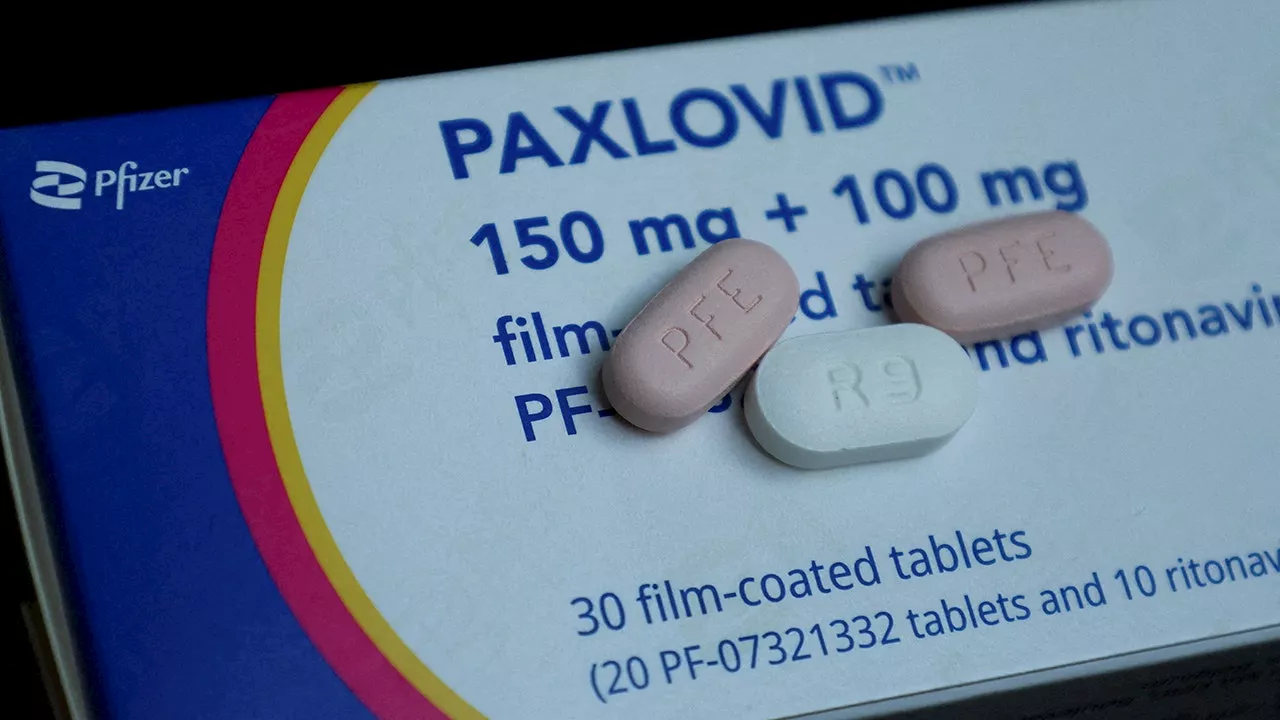A study by Stanford University researchers found that a 15-day course of Pfizer's Paxlovid did not relieve symptoms of long COVID among 155 participants.
A 15-day course of Pfizer's COVID-19 antiviral treatment Paxlovid did not relieve symptoms of long COVID, according to a study by Stanford University researchers. Currently, there are no proven treatments specifically for long COVID in which a host of symptoms can last for many months after initial coronavirus infection.
Scientists and patients had hoped that Pfizer's two-drug oral treatment would ease symptoms of long COVID after anecdotal reports of patients who said Paxlovid helped them. But the 15-week, 155-participant study failed to show that a 15-day course helped more than a placebo in reducing fatigue, brain fog, shortness of breath, body aches, or gastrointestinal or cardiovascular symptoms. Trial participants, on average, had been sick more than 16 months before enrolling in the trial.
In Pfizer's original clinical trial, Paxlovid was shown to reduce hospitalizations and death from COVID by around 90% for unvaccinated people at risk for serious disease. In another trial, Pfizer was not able to show benefit for those considered at standard risk, including vaccinated patients. Pfizer funded the long COVID trial. Aside from Stanford researchers, scientists from Kaiser Permanente North California and Pfizer also contributed to the study.
Indonesia Berita Terbaru, Indonesia Berita utama
Similar News:Anda juga dapat membaca berita serupa dengan ini yang kami kumpulkan dari sumber berita lain.
 Scientists Race To Perfect New Oral COVID-19 Treatment Poised To Replace PaxlovidScience, Space and Technology News 2024
Scientists Race To Perfect New Oral COVID-19 Treatment Poised To Replace PaxlovidScience, Space and Technology News 2024
Baca lebih lajut »
 Gas stoves may contribute to early deaths and childhood asthma, new Stanford study findsResearchers concluded exposure to nitrogen dioxide emissions alone may contribute to nearly 19,000 premature deaths in the United States each year.
Gas stoves may contribute to early deaths and childhood asthma, new Stanford study findsResearchers concluded exposure to nitrogen dioxide emissions alone may contribute to nearly 19,000 premature deaths in the United States each year.
Baca lebih lajut »
 Stanford Study Reveals Ketogenic Diet’s Impact on Mental HealthPharmaceutical treatments for bipolar disorder fail far too many patients. An evidence-based dietary intervention should at least be on the menu.
Stanford Study Reveals Ketogenic Diet’s Impact on Mental HealthPharmaceutical treatments for bipolar disorder fail far too many patients. An evidence-based dietary intervention should at least be on the menu.
Baca lebih lajut »
 Stanford study examines the lasting effects wildfires have on soil, posing new problemsPreliminary but concerning results show toxic chemicals in soil impacted by wildfires which could be slowing regrowth as toxic metal particles could also be traveling long distances, causing unknown levels of exposure.
Stanford study examines the lasting effects wildfires have on soil, posing new problemsPreliminary but concerning results show toxic chemicals in soil impacted by wildfires which could be slowing regrowth as toxic metal particles could also be traveling long distances, causing unknown levels of exposure.
Baca lebih lajut »
 Pfizer aims to save $1.5 billion by 2027 in first wave of new cost cutsPfizer is also carrying out another $4 billion cost-cutting effort, which it announced last year as demand for its Covid vaccine and drug Paxlovid slumped.
Pfizer aims to save $1.5 billion by 2027 in first wave of new cost cutsPfizer is also carrying out another $4 billion cost-cutting effort, which it announced last year as demand for its Covid vaccine and drug Paxlovid slumped.
Baca lebih lajut »
 Did Stanford just prototype the future of AR glasses?A Stanford research team developed full-color 3D augmented reality tech. The AR prototype can project content at different depths using a special waveguide.
Did Stanford just prototype the future of AR glasses?A Stanford research team developed full-color 3D augmented reality tech. The AR prototype can project content at different depths using a special waveguide.
Baca lebih lajut »
